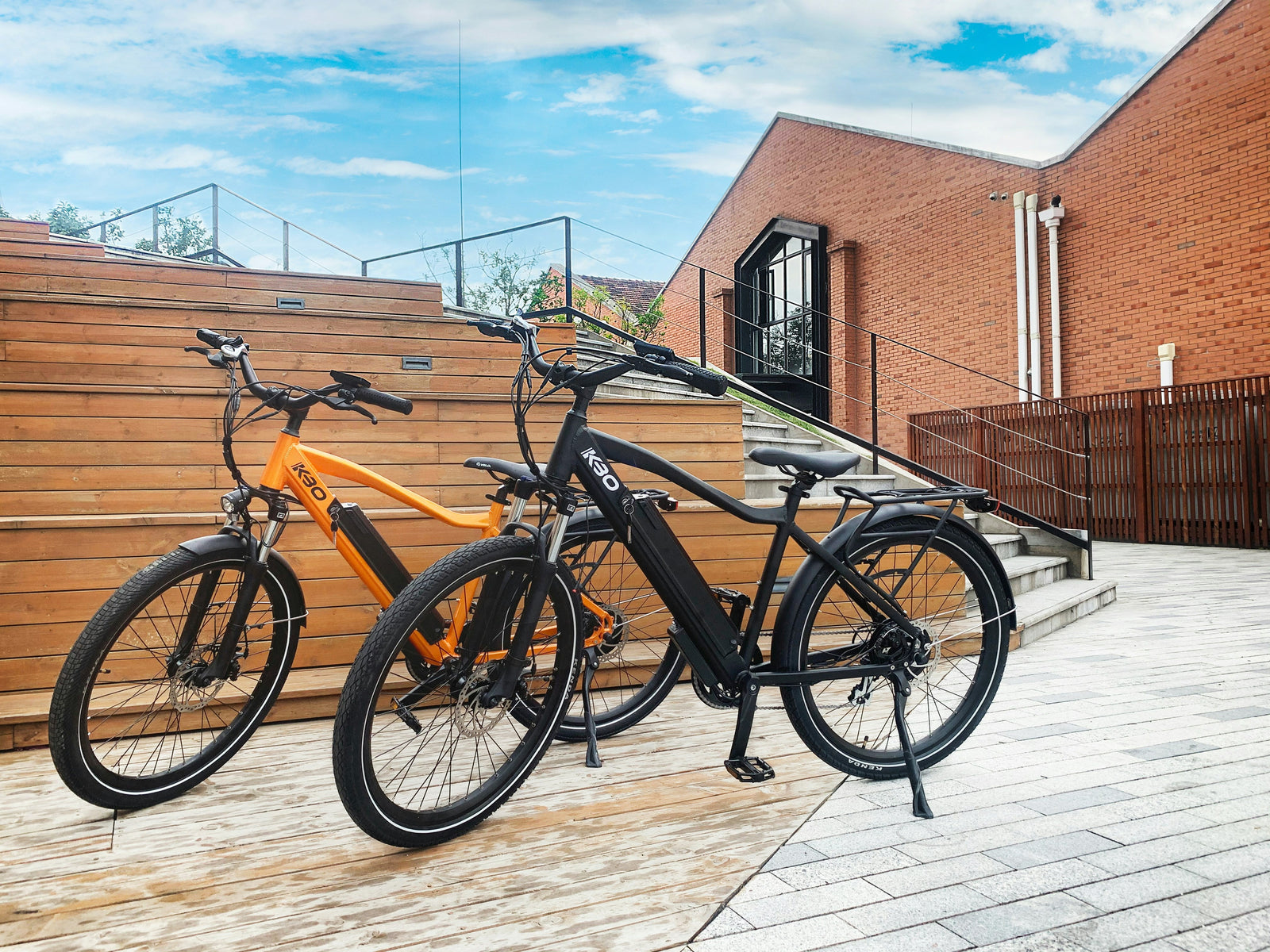Electric bicycles, commonly known as e-bikes, are transforming the cycling landscape by breaking down barriers and making cycling more inclusive than ever before. With their electric power, e-bikes offer a unique opportunity to cater to a broad range of individuals, including e bike riders from various backgrounds, from seasoned cyclists to those with physical limitations or living in underserved communities. In this post, we’ll explore how e-bikes are fostering diversity, promoting equitable access, and revolutionizing the cycling experience for all.
Embracing Inclusivity Through Electric Bikes
Gone are the days when cycling was solely reserved for experienced cyclists or those with high fitness levels. Electric assist bikes offer a game-changing solution by providing electric assistance to make cycling accessible and enjoyable for people of varying abilities, including individuals with disabilities and older adults. This inclusivity ensures that e-bikes serve as an equitable mobility enabler, catering to the diverse needs of individuals with different abilities and promoting improved physical and mental health, job opportunities, and social activities. Whether it’s conquering challenging terrain, replacing car trips for errands, or commuting to work, e-bikes offer an accessible and enjoyable activity for more folks.
Overcoming Physical Limitations and Promoting Mental Health Benefits
For individuals with physical limitations or health concerns, traditional cycling may seem out of reach. However, e-bikes offer a solution by providing pedal assist, allowing riders to enjoy moderate exercise without overexertion. This promotes physical activity, mental health benefits, and overall well-being. E-bike use can be compared to or complement mobility aids like mobility scooters for individuals with physical limitations, offering them greater independence and mobility. Additionally, e-bikes foster inclusive mobility by providing a viable transportation option for those who may not have access to public transportation or personal vehicles.
Redefining Urban Mobility and Sustainability
In urban environments where road space is limited and air pollution is a concern, e-bikes offer a sustainable and efficient alternative to cars. Notably, e-bikes have the potential to replace car trips, contributing significantly to reduced carbon emissions and traffic congestion. By reducing the carbon footprint and alleviating traffic congestion, e-bikes play a crucial role in improving air quality and public health. Moreover, e-bikes make cycling more accessible in urban areas, where bike lanes and cycling infrastructure are increasingly prioritised.
Promoting Equitable Access and Diversity
E-bikes offer equitable access to cycling for individuals from diverse backgrounds, including older adults, low-income communities, and those living in underserved areas. Electric cargo bikes, in particular, democratise cycling for parents, especially mothers, enabling them to cycle with ease and carry their children. This makes cycling more accessible for those who may feel unfit or weak, particularly due to the challenges of carrying kids while cycling. By providing electric assistance, e-bikes empower individuals to experience the joy of cycling regardless of physical limitations or fitness levels. Additionally, e-bikes foster diversity within the cycling community by welcoming riders of all ages, abilities, and backgrounds. Local bike shops play a crucial role in providing access to e-bikes and fostering a diverse community of riders, including those with disabilities and older adults, by recruiting a wide range of e-bike users for in-depth interviews and understanding their unique challenges and opportunities.
The Future of Cycling: Advancements and Benefits of E-Bike Technology
As e-bike technology continues to evolve and more research is conducted on the benefits of e-cycling, the future of cycling looks promising. E-bikes have the potential to revolutionise transportation, public health, and urban planning. By fostering diversity, promoting inclusive mobility, and redefining the cycling experience, e-bikes are paving the way for a more accessible, sustainable, and enjoyable future.
In conclusion, electric bicycles are not just a mode of transportation; they are a catalyst for change, fostering inclusivity, promoting well-being, and redefining the future of cycling. The development of bike paths plays a crucial role in supporting the safe and inclusive use of e-bikes in both urban and suburban areas, ensuring that cycling remains accessible to all. By embracing the power of e-bikes, we can create a more equitable and sustainable world where cycling is accessible to all.

